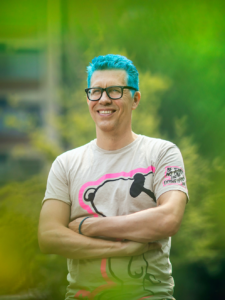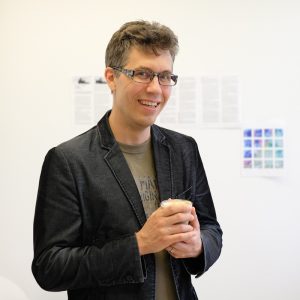
Konrad Kording, Nathan Francis Mossell University Professor in Bioengineering, Neuroscience, and Computer and Information Sciences, was appointed the Co-Director of the CIFAR Program in Learning in Machines & Brains. The appointment will start April 1, 2022.
CIFAR is a global research organization that convenes extraordinary minds to address the most important questions facing science and humanity. CIFAR was founded in 1982 and now includes over 400 interdisciplinary fellows and scholars, representing over 130 institutions and 22 countries. CIFAR supports research at all levels of development in areas ranging from Artificial Intelligence and child and brain development, to astrophysics and quantum computing. The program in Learning in Machines & Brains brings together international scientists to examine “how artificial neural networks could be inspired by the human brain, and developing the powerful technique of deep learning.” Scientists, industry experts, and policymakers in the program are working to understand the computational and mathematical principles behind learning, whether in brains or in machines, in order to understand human intelligence and improve the engineering of machine learning. As Co-Director, Kording will oversee the collective intellectual development of the LMB program which includes over 30 Fellows, Advisors, and Global Scholars. The program is also co-directed by Yoshua Benigo, the Canada CIFAR AI Chair and Professor in Computer Science and Operations Research at Université de Montréal.
Kording, a Penn Integrates Knowledge (PIK) Professor, was previously named an associate fellow of CIFAR in 2017. Kording’s groundbreaking interdisciplinary research uses data science to advance a broad range of topics that include understanding brain function, improving personalized medicine, collaborating with clinicians to diagnose diseases based on mobile phone data and even understanding the careers of professors. Across many areas of biomedical research, his group analyzes large datasets to test new models and thus get closer to an understanding of complex problems in bioengineering, neuroscience and beyond.
Visit Kording’s lab website and CIFAR profile page to learn more about his work in neuroscience, data science, and deep learning.

